Pilot project mechanical net recycling in Eemshaven
Pilot project mechanical net recycling in Eemshaven
Bek & Verburg, Groningen Seaports and Impact Recycling are joining forces to recycle net materials using the innovative BOSS technique.
This Green Deal Pilot project will be conducting tests to establish whether plastic nets from all over the Netherlands can be converted in Eemshaven into the high-quality raw materials polypropylene (PP) and polyethylene (PE).
BOSS-1D: a new separation technique
Impact Recycling has developed a pioneering plastic recycling technology that separates mixed hard plastic into a recycled PE and PP, both of which are 98% pure. This patented density separation process using water is known as BOSS (Baffled Oscillation Separation System). It makes use of the difference in density between the plastics. Causing the water to oscillate using a stack of baffles creates vortexes in the separation tank. The less dense material (PP) rotates more slowly in the whirlpools than the denser plastic (PE). The fastest rotating plastic is throughput to an outside tank, where it is collected. The heavier materials (nylon and styrene) are separated when they sink as a third fraction.
Pilot project
The plastic recycling plant being set up in Eemshaven is a pilot plant. It is the second of its kind. The forerunner is located in Newcastle and is being successfully operated there. The technology will be tested and production slowly increased. After the trial period, the installation could potentially recycle up to 2 tonnes of fishing net fibres an hour. Until now, there was no process available that produced high quality fibres. This link in the chain makes it possible to make new fishing nets from the old materials and creates a circular economy for plastic fishing net waste. This adds value to old fishing nets and provides an incentive for fishermen to bring their old nets ashore.
Local processing and recycling
“The great thing about this project is the solution where the fishing nets are locally processed and recycled into a usable raw material. What’s more, the Boss-1D machine will have enough capacity for the fishing nets of the other Dutch ports, which will result in all the old fishing nets in the Netherlands being put to good use”, says Heleen van Wijk, Business Manager Circular Economy Groningen Seaports.
The three partners have shared the tasks as follows:
- Bek & Verburg provides the location for the recycling plant and sorts the fishing nets by type and shreds them before they enter the BOSS-1D installation;
- Groningen Seaports facilitates the cooperation between the project partners and promotes growth in the amount of recycled material;
- Impact Recycling provides the technical experts needed to supervise the separation process and build the machinery.
Source: KIMO Netherlands/Belgium.

